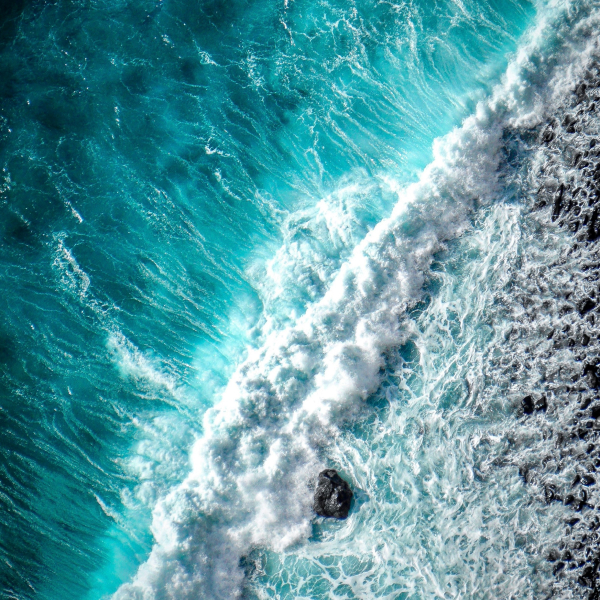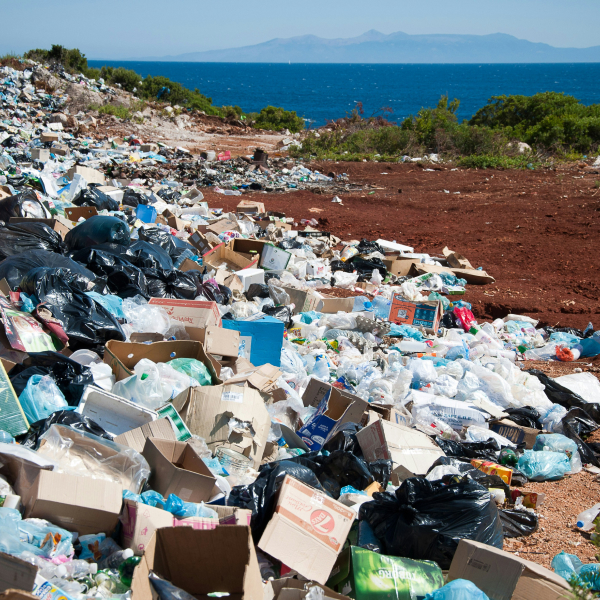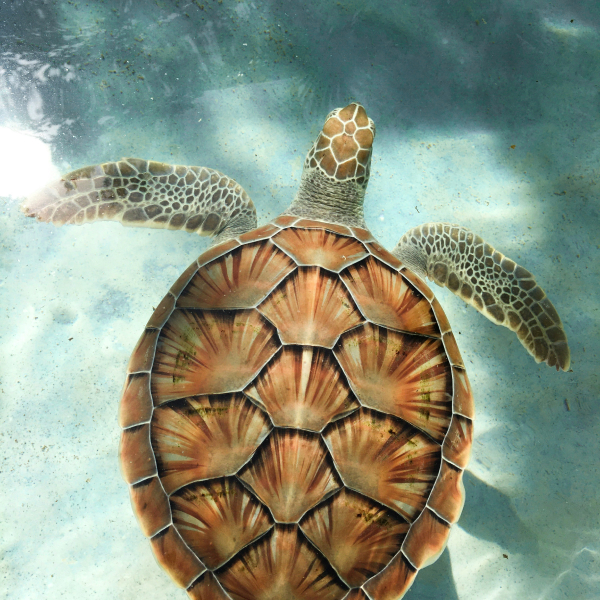
Sea Beauty
We make cleaning the seas fun and competitive
Cleaning Hikes
Join us on our beautiful hikes to collect waste. We try to discover the most exquisite places to swim and clean the seas
Community
Climate change is all about raising awareness and growing a responsible community. We need you to join our community to increase our impact
Our Community
The Storyline


01
The Importants of Oceans
Oceans provide a majority of the world’s oxygen, primarily generated by phytoplankton via photosynthesis. They are crucial for regulating Earth’s climate, absorbing solar radiation, and impacting weather patterns and temperature. Oceans serve as a vital source of food and livelihood for millions globally, supporting fishing industries and supplying protein-rich seafood. Marine biodiversity within oceans sustains ecosystems and contributes to critical services like nutrient cycling, carbon sequestration, and waste decomposition. Additionally, oceans act as carbon sinks, absorbing and storing substantial amounts of carbon dioxide from the atmosphere, aiding in the mitigation of climate change.
Plastic Pollution Crisis
An estimated 8 million metric tons of plastic waste enter the oceans annually, equivalent to a garbage truckload of plastic being dumped into the ocean every minute. By 2050, it’s projected that there will be more plastic than fish (by weight) in the world’s oceans if current trends continue. Plastic pollution poses a threat to marine life through ingestion, entanglement, and habitat destruction, leading to injury, suffocation, and death for many species. Microplastics, tiny plastic particles less than 5mm in size, have been found throughout the marine environment, including in deep-sea sediments, Arctic ice, and the digestive systems of marine organisms. Plastic pollution not only harms marine ecosystems but also has economic consequences, including losses to tourism, fisheries, and coastal communities.


02


03
Impact of Plastic Pollution
Sea turtles often confuse plastic bags with jellyfish, their natural prey, and consume them, leading to internal blockages, malnutrition, and ultimately death. Seabirds like albatrosses and shearwaters frequently ingest small plastic debris, mistaking it for food, which can result in internal injuries, starvation, and diminished reproductive success. Marine mammals such as whales, dolphins, and seals are at risk of becoming entangled in discarded fishing gear, plastic nets, and other debris, causing injuries, infections, and drowning. Plastic pollution also threatens coral reefs, crucial marine ecosystems supporting a quarter of all marine species, by smothering and suffocating coral colonies, hindering their growth and reproduction. Moreover, plastic pollution poses health hazards to humans through the consumption of contaminated seafood, exposure to toxic chemicals leaching from plastics, and inhalation of microplastics in the ai
The Storyline


Oceans provide a majority of the world's oxygen, primarily generated by phytoplankton via photosynthesis. They are crucial for regulating Earth's climate, absorbing solar radiation, and impacting weather patterns and temperature. Oceans serve as a vital source of food and livelihood for millions globally, supporting fishing industries and supplying protein-rich seafood. Marine biodiversity within oceans sustains ecosystems and contributes to critical services like nutrient cycling, carbon sequestration, and waste decomposition. Additionally, oceans act as carbon sinks, absorbing and storing substantial amounts of carbon dioxide from the atmosphere, aiding in the mitigation of climate change.


An estimated 8 million metric tons of plastic waste enter the oceans annually, equivalent to a garbage truckload of plastic being dumped into the ocean every minute. By 2050, it’s projected that there will be more plastic than fish (by weight) in the world’s oceans if current trends continue. Plastic pollution poses a threat to marine life through ingestion, entanglement, and habitat destruction, leading to injury, suffocation, and death for many species. Microplastics, tiny plastic particles less than 5mm in size, have been found throughout the marine environment, including in deep-sea sediments, Arctic ice, and the digestive systems of marine organisms. Plastic pollution not only harms marine ecosystems but also has economic consequences, including losses to tourism, fisheries, and coastal communities.


Sea turtles often confuse plastic bags with jellyfish, their natural prey, and consume them, leading to internal blockages, malnutrition, and ultimately death. Seabirds like albatrosses and shearwaters frequently ingest small plastic debris, mistaking it for food, which can result in internal injuries, starvation, and diminished reproductive success. Marine mammals such as whales, dolphins, and seals are at risk of becoming entangled in discarded fishing gear, plastic nets, and other debris, causing injuries, infections, and drowning. Plastic pollution also threatens coral reefs, crucial marine ecosystems supporting a quarter of all marine species, by smothering and suffocating coral colonies, hindering their growth and reproduction.
Our Non-Profit Dedicated to the Seas.
We’re integrating sports and ecology to foster a more sustainable lifestyle.
Here’s how you can assist:
Individually: Take action by collecting waste independently and sending us your findings.
Collectively: Become a part of our association and collaborate with us in organizing events.

"Stewards of the seas"


